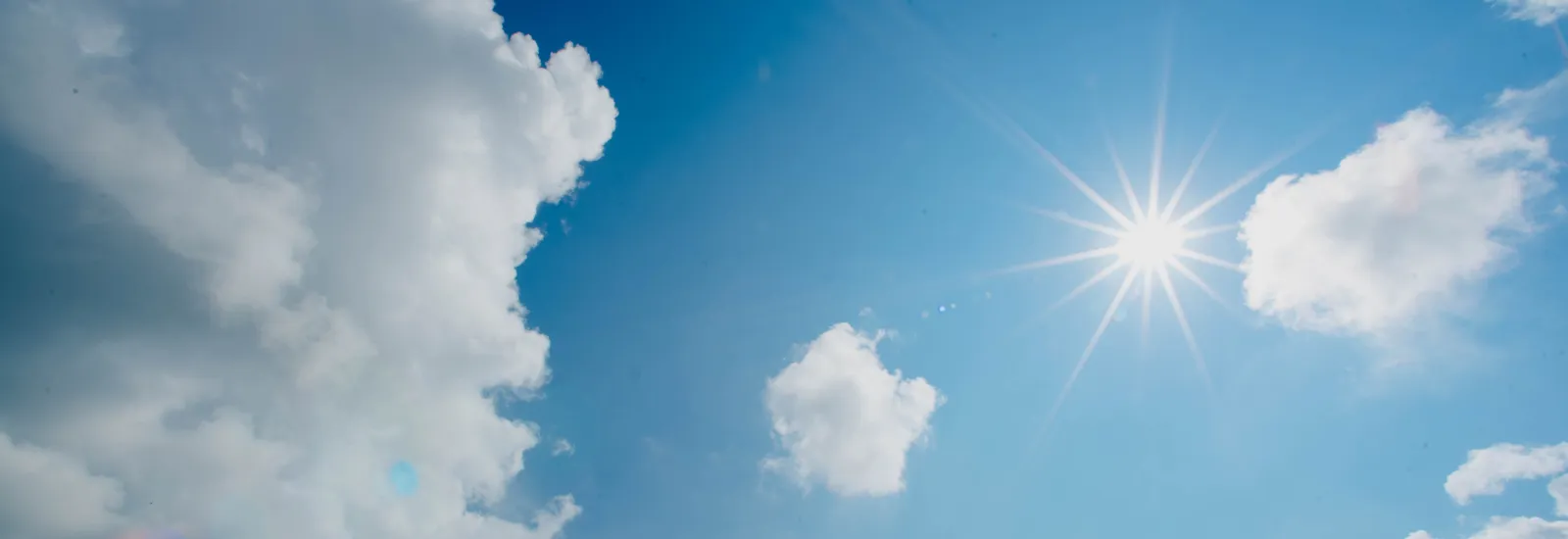
Winter sun safety: How to avoid the sun’s damaging effects in winter
Just because the temperature drops that doesn't mean the sun isn't strong. Even on cold cloudy winter days your body is exposed to ultraviolet (UV) radiation. A study in Archives of Dermatology reports that the main cause of skin cancer is exposure to UV radiation and that people are less likely to protect themselves from UV's damaging effects in the winter because they assume the cold temperatures and cloud cover block harmful UV rays. Practicing winter sun safety helps you avoid the sun's damaging effects on your body even during the colder months. Here are some ways to keep your skin safe during the colder months.
Apply sunscreen
While many people don't apply sunscreen in the winter using it on the areas of your body that get exposed to sun - such as your face ears and neck - reduces your risk for winter sun damage. The American Cancer Society suggests applying sunscreen with a sun protection factor (SPF) of 15 or higher to uncovered parts of your body before you go outside in the winter even on cloudy days. Some facial moisturizers also contain protective SPF.
Use SPF lip balm
As part of your winter sun safety regimen use a lip balm with an SPF of 15 or higher suggests the Skin Cancer Foundation. You may already use lip balm in the winter to keep your lips moisturized during colder months but be sure that the moisturizing product you choose also protects you from UV damage - look for SPF on all lip balm labels.
Don't forget sunglasses
If you're thinking about putting your sunglasses into storage during the winter months reconsider. Your eyes aren't fully protected from harmful UV rays in the winter especially when the sun reflects off snow and ice unless you're wearing UV-protective sunglasses. The Skin Cancer Foundation reports that eyelid skin cancer makes up 5 to 10 percent of all skin cancers and suggests wearing sunglasses that block 99-100 percent of damaging UVB and UVA rays in the winter. When shopping for protective sunglasses or ski goggles look for ones with tags confirming that they block at least 99 percent of UV light.
Wear a hat
Scalp and neck cancers are particularly dangerous because patients with these cancers are less likely to survive than individuals with other types of skin cancer notes the Skin Cancer Foundation. Fortunately there's an easy winter sun safety fix that helps prevent harmful sun exposure to your scalp. The study in Archives of Dermatology recommends wearing a hat when you're outside in the winter to protect your scalp from the sun's rays even when it's cloudy.
Following these simple winter sun safety tips lowers your risk of developing skin cancer and helps reduce premature signs of aging. Many winter sun safety practices such as using lip balm and applying moisturizer are things you may already do on a daily basis - so picking products that contain SPF is a convenient lifestyle choice with significant health benefits.

